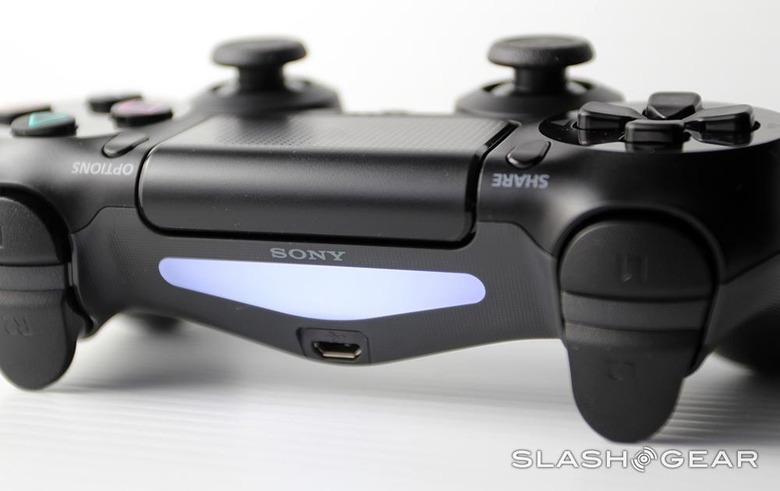Gaming Disorder Is A Real Addiction Insists The WHO
Addiction gaming is a real condition, the World Health Organization has decided, though not everybody agrees with the conclusion. The WHO released the latest version of its International Classification of Diseases, ICD-11, today, and among the changes from the previous iteration is that "gaming disorder" has been added to the section on addictive disorders.
It doesn't exactly come as a surprise to find it there. The WHO was discussing adding gaming addition back in December 2017, when it introduced it in a draft version of ICD-11. There's a difference between just enjoying playing video games and being addicted, mind; in fact, there are three primary criteria by which it's judged.
It manifests by impaired control over gaming, for example, such as the player being unable to control the onset, frequency, intensity, duration, termination, or context of the gaming session. The player will give increasing priority to gaming, so that it takes precedence over other life interests and daily activities. Finally, gaming continues – or escalates – despite leading to negative consequences.
According to the WHO, the disorder can be either online or offline, and typically evident over a period of twelve months. That, though, may be adjusted depending on the severity of the observed addiction.

"For mental health conditions, ICD codes are especially important since the ICD is a diagnostic tool, and thus, these are the conditions that often garner much of the interest in the ICD," the WHO said today. "These include gaming disorder, which evidence shows is enough of a health problem that it requires tracking through the ICD."
The ICD is used internationally to diagnose and codify incidents of diseases and disorders, including – though not limited to – mental health conditions. In a way it's similar to the DSM, or Diagnostic and Statistical Manual of Mental Disorders, used by the American Psychiatric Association (APA). However, the DSM falls short of declaring gaming addiction a legitimate disorder.
Instead, it's classed as a "condition for further study" in the DSM-V, the most recent version. That was released in 2013, and the APA is yet to say whether it intends to change its position come the next iteration of the Manual. Among the concerns of skeptics is the possibility that, by explicitly codifying gaming addiction, it could end up heaping further stigma on video games in general.
"Experts worldwide are urging caution regarding the World Health Organization's proposed 'gaming disorder' as it may lead to misdiagnosis of real mental health conditions," The Entertainment Software Association, which represents many gaming companies, argued in a statement today. "It is concerning to see the 'gaming disorder' proposal in this draft despite significant opposition from the medical and scientific community. The research supporting inclusion is highly contested and inconclusive. There is not objective evidence to define and diagnose overuse and that may result in misdiagnosis."
The ICD-11 doesn't come into effect until January 1, 2022, with today's release being "an advanced preview" to give countries the chance to prepare for its changes. While mental health practitioners are one key audience, the document is also instrumental among health insurers, who use its classifications to decide on reimbursement and more.
Among the other changes to the ICD-11 are a new chapter on traditional medicine, the first time it has been included in the document. The WHO has also added a distinct chapter on sexual health for the first time. Among its purposes is to move "gender incongruence" from its previous listing under mental health conditions.
